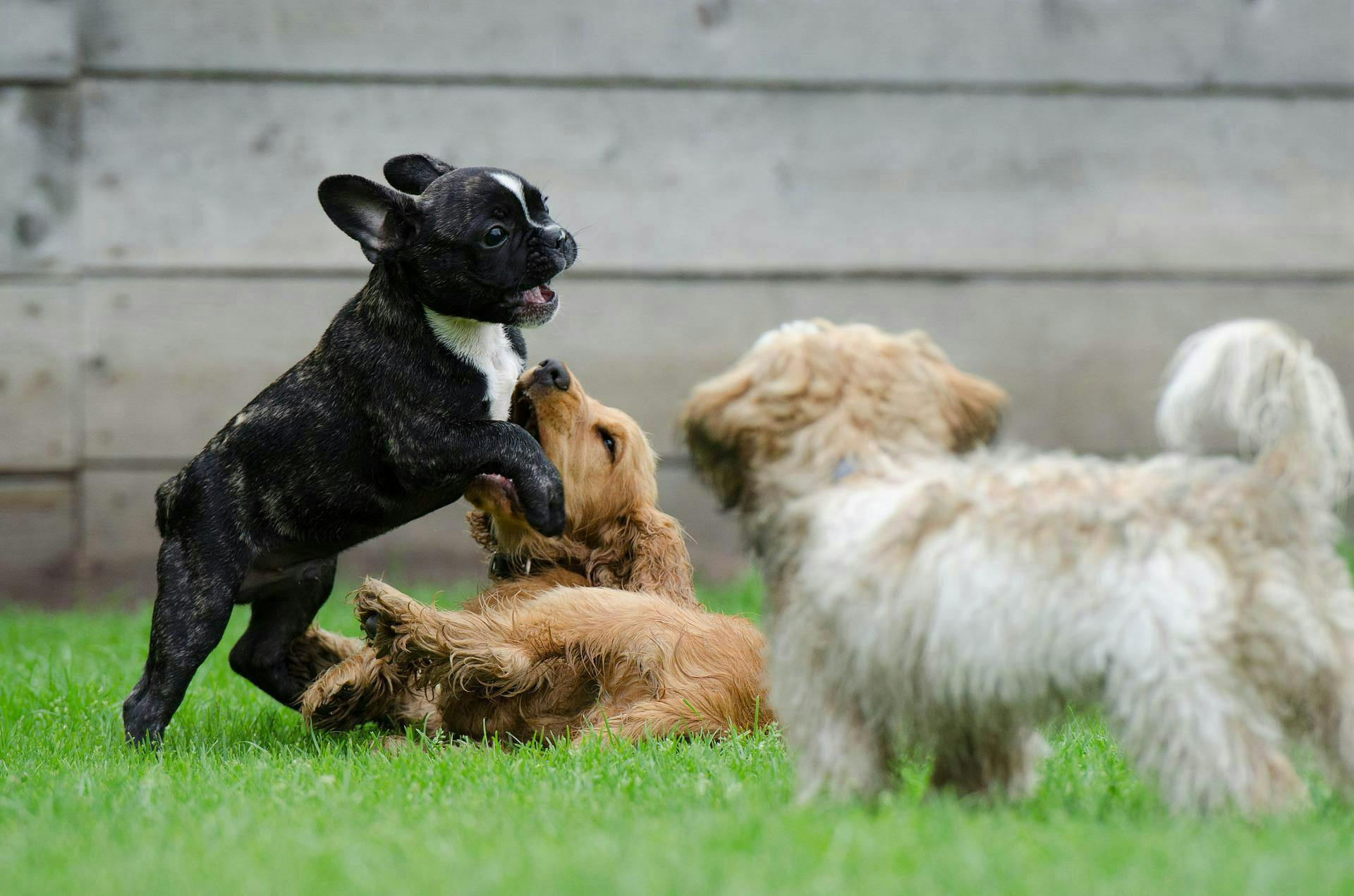Does My Dog Have Kennel Cough?
You’ve probably heard of kennel cough: it’s a dangerous disease that can be life threatening to your dog. But do you know what it is, how dogs catch it, and how it can be treated?
As a dog owner, being aware of the contagious diseases that pose a risk to your pet will help you quickly identify symptoms and seek treatment. So read on to find out more.
What Is Kennel Cough?
The medical name for kennel cough is canine infectious tracheobronchitis. It’s known as kennel cough because dogs tend to contract it in areas that are highly populated with other dogs such as kennels, dog parks, and daycares.
It’s caused by a combination of different viruses and bacteria, similar to human chest infections, affecting their respiratory system and causing them to cough.
How Do I Know If My Dog Has Kennel Cough?
As well as coughing, there are a number of symptoms which could indicate your dog has kennel cough:
- A persistent cough that sounds like honking
- A cough that sounds like there’s something stuck in their throat
- Sneezing
- Gagging after coughing
- Runny nose and excess mucus
- Tiredness and lethargy
- Lost appetite
- Fever
These symptoms can also be signs of canine influenza and canine distemper, which can be far more serious illnesses than kennel cough. So it’s important to see your vet if your dog is displaying any of these symptoms.
Excessive coughing can also cause bronchitis, collapsed trachea, and even heart disease in dogs, so don’t let them suffer even if their sickness seems minor.
How Do Dogs Catch Kennel Cough?
Kennel cough is highly contagious and dogs spread it to one another through direct contact, airborne droplets, and contaminated surfaces like food and water bowls. Fortunately it’s treatable, but young puppies and older or immunocompromised dogs are at much greater risk.
Though most dogs have a strong respiratory system that can easily fight off bacteria, overcrowded environments and stress – as well as other factors like cigarette smoke and cold temperatures – make them more vulnerable to contracting respiratory illnesses.
The incubation period of kennel cough is 14 days, though some dogs can carry the bacteria without displaying symptoms for several months.
How Is Kennel Cough Treated?
A couple of weeks of rest should be all it takes to cure a mild case of kennel cough in most dogs. However, if the symptoms are particularly bad or persistent a vet can prescribe antibiotics and cough medications.
If your dog has kennel cough, try walking them with a harness rather than a collar to reduce stress on their throat and prevent damage to the trachea.
How Many Times Can My Dog Get Kennel Cough?
Like the common cold, there are many strains which means dogs can contract it more than once. However, if your dog contracts the Bordetella bronchiseptica strain of kennel cough, they should be immune to reinfection for 6-12 months.
How To Prevent Kennel Cough
Dogs can be vaccinated against Bordetella bacteria which is one of the most common causes of kennel cough. This is especially recommended for dogs who often visit doggy daycare or boarding facilities, canine sporting events, or any other situation where lots of dogs are present. Some facilities even require proof of vaccination before accepting dogs.
The vaccine can be received orally, intranasally, or intravenously. It’s given in 2 doses 2 or 4 weeks apart, and should be followed with a booster every 6 months.
However, Bordetella is not the only cause of kennel cough, so your vaccinated dog will still not be immune to those rarer strains caused by other agents. If you notice your dog has symptoms and feel they need medical care, take them to the vet regardless of their vaccination status.
